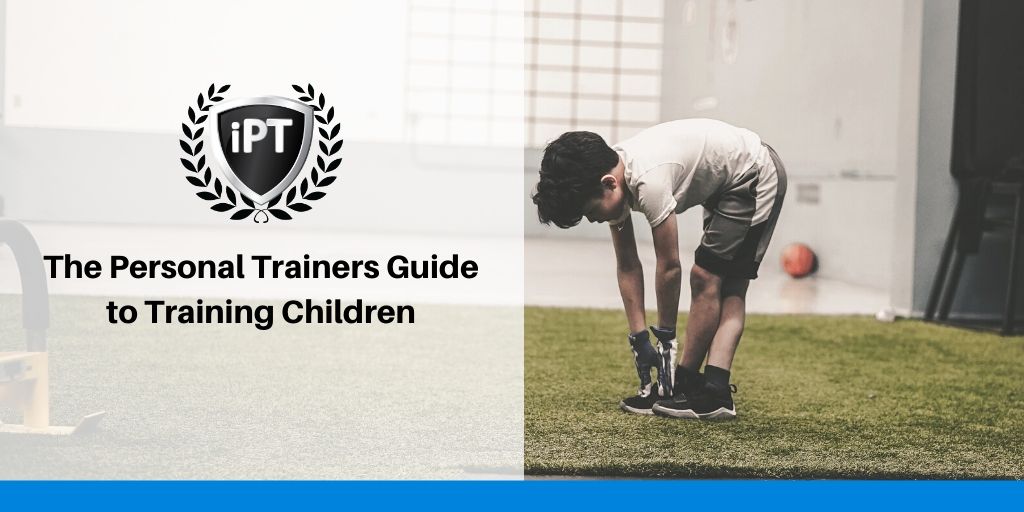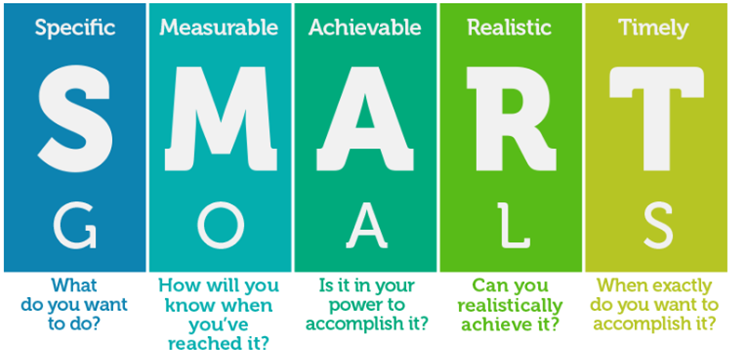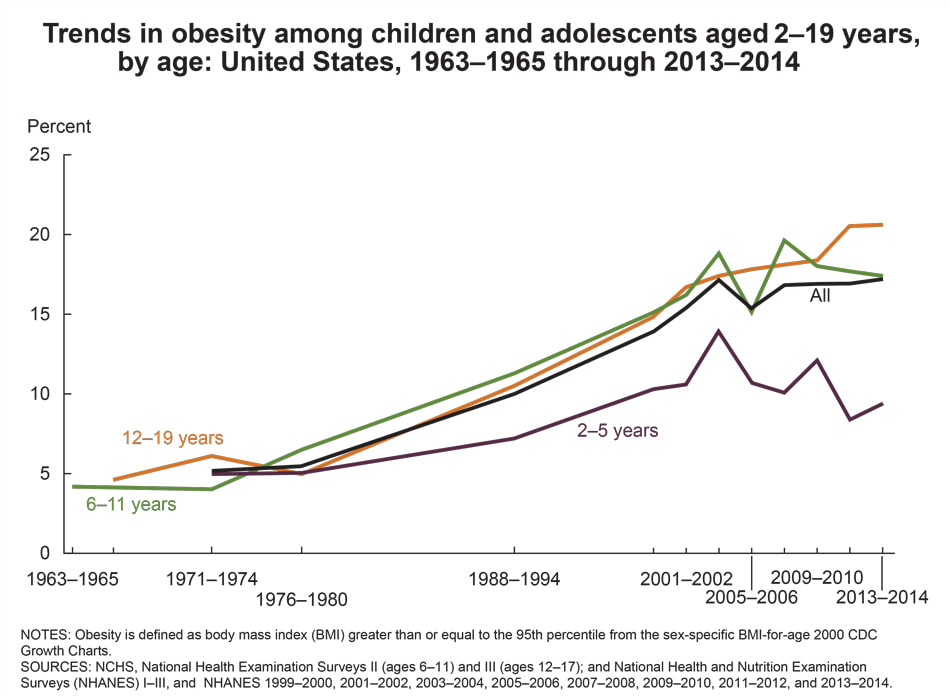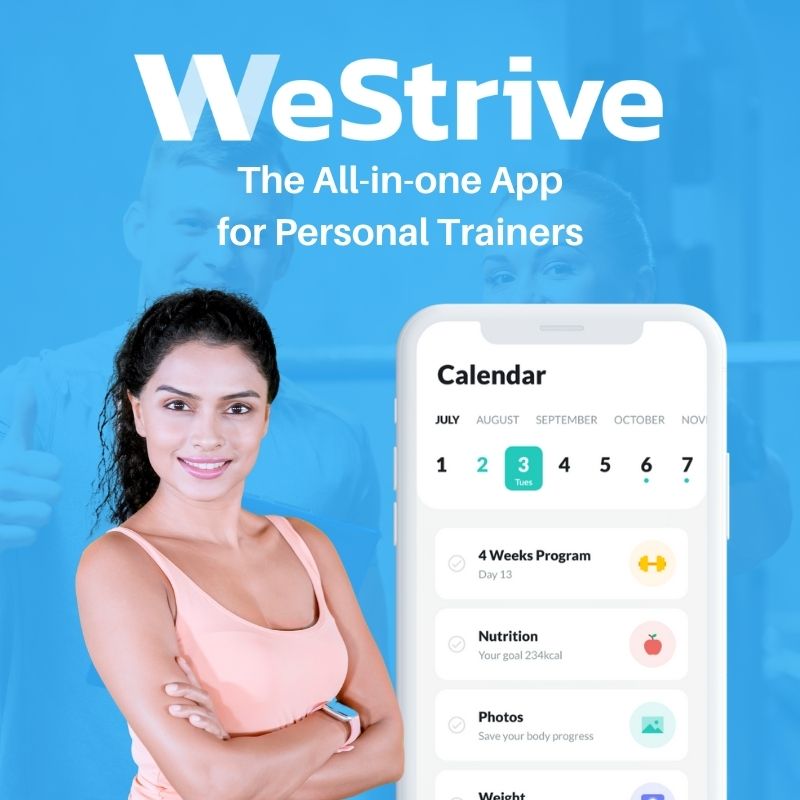|
FREE GUIDE: HOW TO LAUNCH AN ONLINE PERSONAL TRAINING BUSINESS
IN JUST 7 DAYS
✓ The new, better way of launching an online business
✓ The fastest way to create in irresistible offer ✓ A simple system to sell to clients who are interested |
|
Working with children in the gym or on the sports pitch has in the past been the remit for specialist sports coaches training children with athletic aspirations. But look around any gym that permits an under 18 membership and you’ll notice one thing: more and more children opting to train in the gym rather than rely on just team or individual sports for their fitness. Training in the gym is a great alternative for children who aren’t interested in sport but want to remain healthy, fit and active. It’s also a wonderful and important addition to the strength and conditioning elements for those athletes who do enjoy sports. Being a personal trainer for children is hugely rewarding. You have the potential to influence someone to find their love of fitness at such a young age - maybe even inspire an Olympic athlete! How Does Personal Training For Children Differ From Personal Training For Adults?There are going to be lots of similarities between personal training for adults and children. Just like when training adults, you’ll motivate the client by setting realistic and achievable targets and goals. Setting Goals Although your initial arrangements may be made with the child’s parent or caregiver, it would be a mistake not to involve the child in their goal setting. Some children might be resistant at first, particularly if the parent has arranged the session without much consultation with them. You will win them over by listening to them and meeting them at their current level. It’s important that children feel ‘heard’ by adults. Creating Sessions Keep your activities really fun, and break your sessions into ‘blocks’ of activities which are short enough that the child doesn’t get bored. The idea here is to engage them with something fun and active, and move them on to the next task before the enjoyment wears off. Measure Progress It would be advisable to set regular intervals at which you communicate the progress made by the child to both the child and parent. Be clear about this when you start so that the parent will be able to see the merits of what they’re paying for. In your initial consultation, setting out a time and a method for these updates (e.g. I will update you once a fortnight by email) will help to manage parental expectations. Do I Need Special Qualifications To Train Children?No, there is currently no law that states you need a specific qualification to train children but there are a few things to be aware of. Children Fitness Qualifications There are qualifications that you can pursue to ‘top-up’ your existing level 2 fitness instructor and level 3 personal trainer qualifications if you are interested in helping children with their fitness. Getting Insured to Train Children These child-specific courses may be required by your gym (if you work at one) or by your insurance company (if you run group exercise sessions such as boot camps). Be sure to check the policies before you start advertising your services. Other Safety Checks It may also be a requirement that you pass a DBS check - or your country’s equivalent background check on criminal convictions - before working with minors or vulnerable people. Special Considerations There are hundrends of thousands of children with diabilities:
Special considerations and additional qualifications may be required if the children have learning difficulties, physical or mental disabilities or other health conditions such as diabetes. Which Children Might Use A Personal Trainer?Childhood obesity is on the rise. According to an article published in The Guardian, data from the child measurement programme showed 4.4% of children aged 10 to 11 were severely obese. A definition which means they need medical help. There are numerous associated health problems with obesity, so you might also be catering to children who have got additional health problems or who are concerned about developing these problems in the future. Aside from the physical complications, there are social consequences for children who are the recipient of unkind comments from their peers. They will benefit not just physically but mentally, emotionally and socially as well. You might cater to children who don’t have access to enough sport or physical education at school and are simply interested in becoming more active. You may also to children who are interested in pursuing athletic careers, or competitive sport at a high level. Working with children will be as broad and as varied as working with adults. There are a number of different specialist qualifications which you can pursue once you have a clear understanding of which groups of children you’re interested in training. Consideration When Training Minors Personal Training Children 1:1
If you are interested in running one to one personal training for children, you will be responsible for drawing up individualised plans for the child. These should take into account the needs of both the parent and the child. You will be responsible for updating the parent on their child’s progress. You will develop a positive relationship with the child to keep them engaged and motivated. In many ways, the considerations for training children will be similar to training adults: You should treat them with respect and maintain professional boundaries. Particular concern should be paid that you don’t train alone with the child, or that you are extremely careful about tactile coaching cues. Communication outside the sessions should go through the parent, such as making arrangements for the next time you’ll train together. Personal Training Groups of Children If you are interested in running group activities for children, you will be responsible for running activities for several children at once. Setting up the activities for these children (ensuring the safety of the space, and equipment) before the session begins. You will be responsible for motivating the whole group to participate in the exercise - designing sessions which are fun and engaging for possibly a range of ages and abilities. Personal Training Special Needs Children If you’re interested in working with specialist populations, such as children aspiring to be athletic hopefuls or children with additional learning needs, further specialist training might need to be undertaken - dependent on the requirements of your gym or insurer. |
Our All In One Platform
Check out out all in one business & marketing platform for personal trainers!
WEBSITE BUILDER | FUNNELS |MEMBERSHIPS | SCHEDULING| EMAIL MARKETING| PAYMENTS| CRM | AI ASSISTANT | SURVEYS
Popular Articles
Trusted Partners
We work closely with some of the best service providers in the fitness industry.
Categories
All
|









